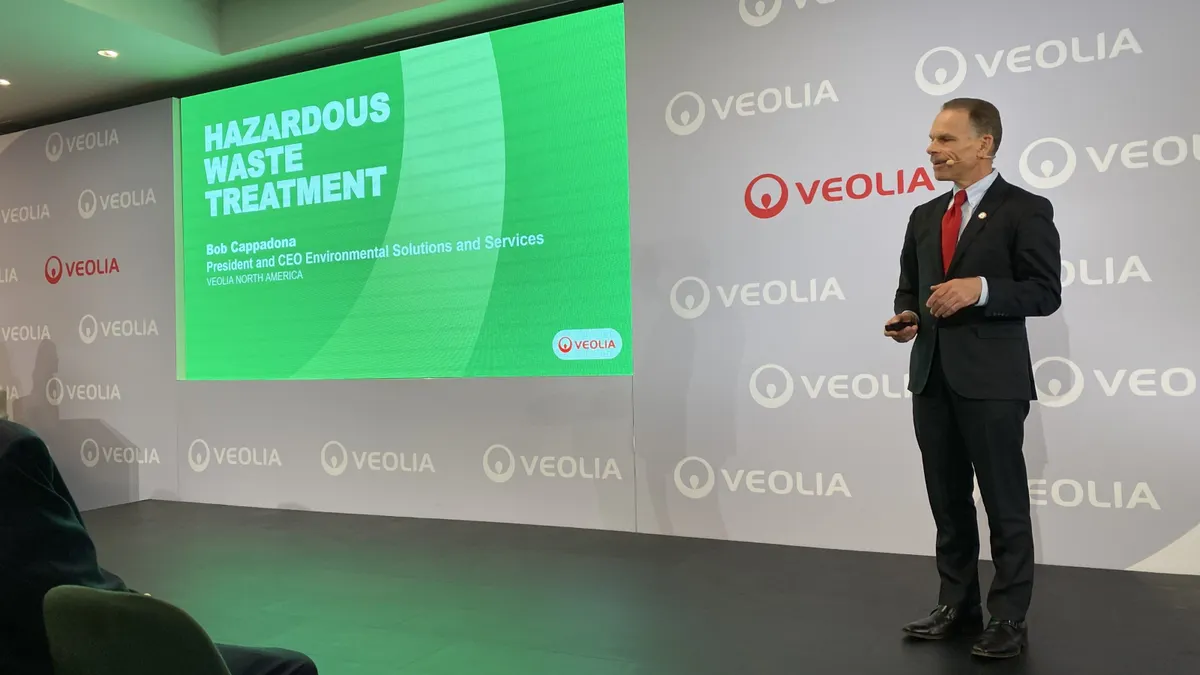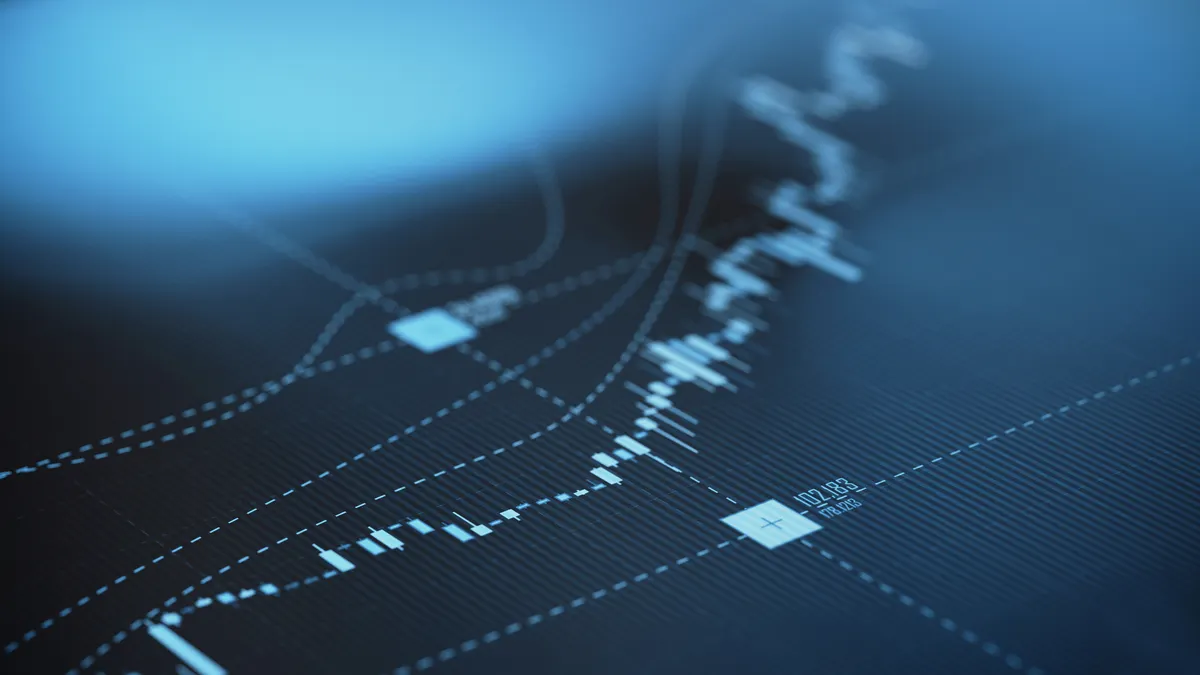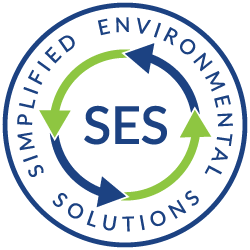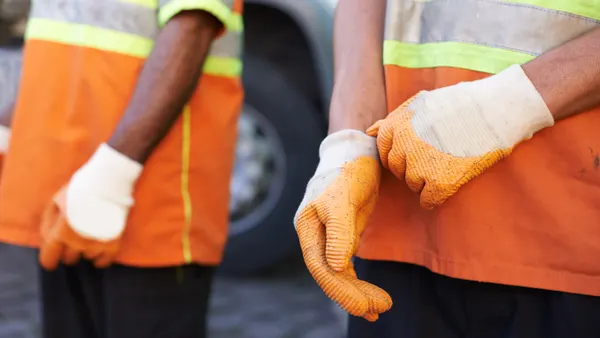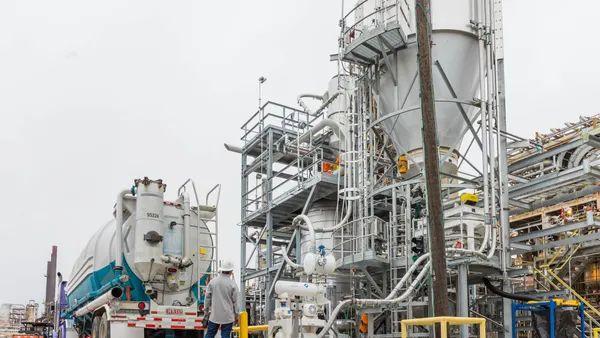Environmental services company Veolia, based in France, is set to achieve a key North American revenue goal through its pending $3.04 billion acquisition of Enviri's Clean Earth hazardous waste business.
"This is a positive, actively running business," Bob Cappadona, president and CEO of Veolia North America's environmental solutions and services business, said of Clean Earth in an interview. "We want to do acquisitions that contribute to the core business that we have."
The deal, announced Friday and set to close in mid-2026, will push Veolia North America's annual revenue past $2 billion for the first time, achieving early a growth target set in Veolia's 2024 GreenUp expansion plan.
The deal will make Veolia the second-largest environmental services company in the country, behind Clean Harbors, according to financial advisory firm William Blair. The valuation is also the highest disclosed among recent environmental services transactions, including Republic Services' acquisition of Shamrock Environmental and GFL's spin off of its own environmental services business earlier this year, per the firm.
Clean Earth comes with 19 treatment, storage and disposal facilities, as well as several 10-day processing facilities and wastewater treatment plant contracts. Cappadona said Clean Earth’s transportation and processing capabilities, including a fleet of roughly 800 vehicles, were a key draw for Veolia.
Since Clean Earth has no hazardous waste incinerators or landfills, Veolia can internalize more of the waste that Clean Earth currently manages and sends to third parties, Cappadona said.
"That's a prime opportunity for us in terms of we can manage opportunities into our network," Cappadona said.
The two sides of the deal also have a history with one another. Clean Earth signed an agreement with Veolia in 2024 ensuring that the former company would have disposal capacity available at the latter's upcoming rotary kiln hazardous waste incinerator in Gum Springs, Arkansas. The agreement also provided Clean Earth with increased access to Veolia’s existing incinerator network across North America. The Gum Springs facility is currently set to come online next year.
That follows a similar pattern to Veolia’s agreement with and eventual acquisition of California-based Ingenium, a provider of hazardous and non-hazardous waste management and consulting services. Cappadona said such an arrangement helps Veolia understand the inner workings of its newest acquisition better. He noted a typical acquisition negotiation might only involve the executive teams of the prospective deal partners, but Veolia knew Clean Earth's business much more deeply as a result of the 2024 agreement.
"The relationship between Clean Earth and Veolia is next level," Cappadona said. "We've spent a lot of time with the operational team."
There are still other goals for Veolia to achieve as part of its GreenUp plan. Notably, the company is aiming to add 530,000 metric tons of new hazardous waste annual treatment capacity. The Clean Earth business adds little in the way of disposal facilities, though Cappadona noted its aerosol can processing network will provide a needed outlet for a waste stream ill-suited for incineration.
Clean Earth also brings additional PFAS processing capabilities, which Cappadona noted continues to be a growing business for Veolia. He said the company's water treatment PFAS solutions have grown the most so far, but he expects the PFAS remediation and destruction business to grow as needs and regulations mature. Clean Earth has agreements on soil treatment that he thinks could fit into Veolia's PFAS services, he said.
Clean Earth is the fifth acquisition Veolia announced in the last 18 months, after revealing a string of deals over the summer. Cappadona noted that Veolia isn't done with M&A, albeit with a focus on more regional and tuck-in acquisitions in the coming months.
“I wouldn't be surprised if you hear from us again in the coming months on specific geography-type acquisitions,” Cappadona said.



